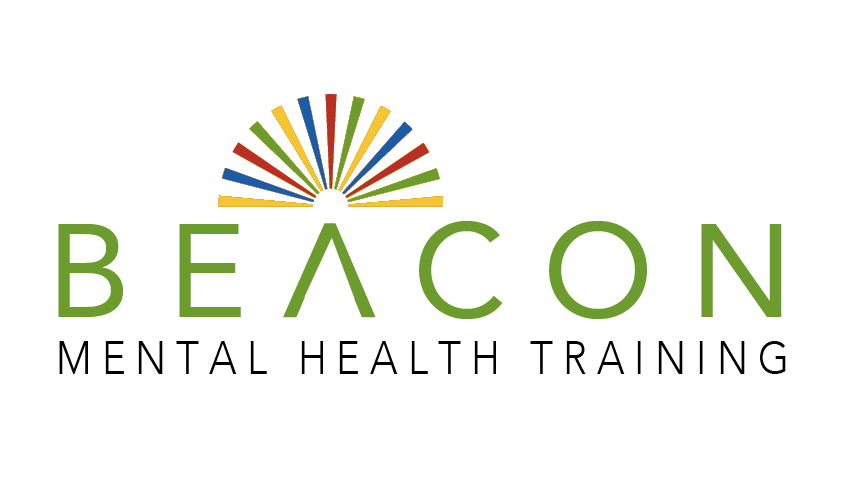Understanding OCD (Obsessive Compulsive Disorder)
With the start of the new year comes the need for a lot of people, to become tidy, organised and to plan for the year ahead. Desks get decluttered, workspaces have an overhaul and people’s new shiny stationery, that Santa bought them gets unwrapped ceremonially. I hear a lot of people comment that their "OCD is coming out" or "have you seen her desk, and I am sure she can’t start work until everything is just so! She must have OCD".
The term OCD (Obsessive-Compulsive Disorder) gets used a lot when referring to the tidiness of someone home or desk, or that they like to check the front door, back door and maybe the windows several times to ensure they are locked before bed.
We often think it’s funny to move someone's pen which may be sitting parallel to the others on the desk or knock a picture slightly crooked on someone's wall to see their reaction, but that tends to be because there is some confusion around what OCD is and we underestimate the effects that it can have on the sufferers.
Just because people demonstrate OCD quirks, it doesn’t mean they actually have the disorder.
So, what is OCD?
According to OCDuk around ¾ of a million people live with OCD at any one time, 12 in 1000 people which equates to 1.2% of the population. OCD is a severe anxiety-related condition which can be explained by deconstructing the name itself.
Obsessive
When a person experiences frequent intrusive and unwelcoming persistent thoughts commonly referred to as obsessions.
Compulsive
An action that someone repeats, and they are unable to stop doing it. The repeated action is usually wrong, harmful or unnecessary. Sufferers think that if the task is not completed correctly, then there will be severe consequences. Therefore, those who suffer compulsive disorders have no choice but to repeat actions to cope.
Disorder
An illness that disrupts, normal physical or mental functions. A disorder can be described as a set of problems that result in causing significant difficulties, distress, impairment and/or suffering in someone’s daily life. Only when you understand the terms separately and then start to think about what this would mean altogether can you begin to understand the enormity of this illness.
Different Variants of OCD
There are different types of OCD; however, a person’s OCD will generally fall into one of these five categories.
Checking
Contamination
Symmetry and orderliness
Ruminations/Intrusive thoughts
Hoarding
The distress for people suffering from OCD comes not only from fear of the consequences of not completing the ‘rituals’ to their satisfaction but also from the time it can take to complete their actions or tasks.
The effort it can take often means they might be very late for occasions or they won’t put themselves in a position to have to go through the ritual. For some it mean never leaving the house, or in very extreme cases staying in only one room of the house. OCD can be debilitating and can affect people’s lives considerably.
Just like we don’t mock people with severe physical disabilities or medical conditions we need to realise the importance of language when referring to mental health conditions also.
So, what we are saying is, people aren’t a ‘little bit OCD’, just because their decorations are in a specific position on a Christmas tree or their desk is ultra-tidy. Some people just know how they like things to be and are extremely tidy and organised, not because they are suffering from obsessive-compulsive disorder.
OCD is a real condition, with people suffering the effects of this mental health issue. Let's not dilute or inadvertently ridicule this disorder by using the term "OCD" in the wrong context. Language, education and removing the stigma around mental health is critically important for sufferers and those battling with these illnesses.
Please comment, share or like this article for others to learn more too.

